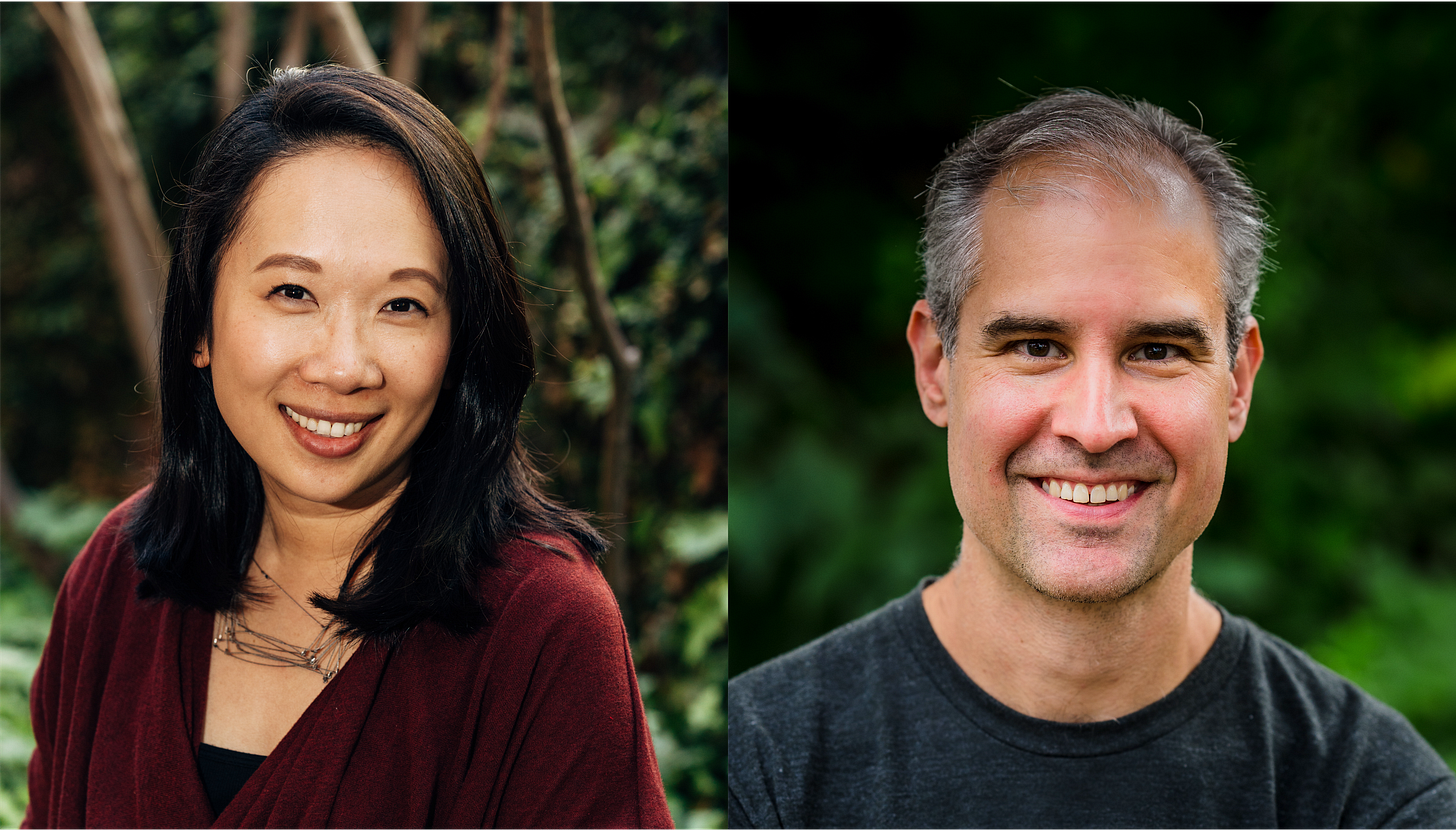The Chan Zuckerberg Initiative (CZI) has been one of the major philanthropic forces in U.S. education for roughly a decade now. As schools have reopened and the challenges facing children remain as glaring as ever, I spoke with Sandra Liu Huang, who has served as CZI’s head of education and vice president of product since 2018. In our conversation we talked about some of our shared passions around what's needed to reinvent schooling, what supports children need to thrive, and how CZI is framing its work ahead.
You can also watch the conversation here on YouTube and, while you’re there, subscribe to my YouTube channel.
Michael Horn: It's good to see you, Sandra. Thank you for joining me.
Sandra Liu Huang: Yep. Thanks for having me, Michael. It's great to be here.
Horn: So I'd love to start with your personal background because I suspect a lot of folks don't know your own journey toward working in this field of education as it's wound around into to finding you leading the education work at CZI.
Huang: Yeah. So maybe I can start on the personal side. I grew up in the suburbs of Atlanta and grew up to immigrant parents. And I knew that they really valued education for my brother and myself, even though as immigrants, they didn't always understand what was happening in school for me. They didn't really know. But they really wanted us to focus. And that was always very important growing up.
But for me, we actually spent some years in Taiwan, where my parents had immigrated from, when I was in high school, and in that experience, had the chance to get to know my extended family, meet my grandmother, and realized that... I knew this, but got to see firsthand that my family, we are farmers. My dad was the ninth of nine kids. My mom's the seventh of eight kids, so huge families. My aunts and uncles, still farmers today in this little village. But it really took an educator, a teacher in my dad's hometown, to really take a really... care, and take the youngest three siblings of this family of nine, and really encourage them through an educational pathway that led them to graduate study and immigrating to the US. And for me, that just always stuck with me, and obviously sticks with me today, that educational opportunity really doesn't just change the life of that student, like my dad, but really changes the life of his family and generations to come, as I've been impacted.
And just from a professional standpoint, I've worked in product development most of my career, for about 15 years pre CZI. And for me, the reason CZI came about as an amazing opportunity is I've always loved working at the intersection of different disciplines. Because I think the problems that we face, they can't be solved with just the perspective of a single discipline, and the more that we can think about how do you weave what is known from different disciplines into joint solutions, the more powerful that is. And CZI has been a place that is really thinking holistically across our work.
Horn: No, it's an amazing... amazing upfront reflections. I'm just struck by, I guess, a couple themes. One, your point about how education just doesn't change the life of the individual, but really, the branch or branches of the family tree. I've seen that as well. And I'm thinking about your own immigrant story and my own wife, whose parents came from Korea, and her dad, who lived through the Korean War, and what that does to a family, and how they do or don't come out of that through education. And then, I'm also struck, of course, by your comment about a lot of these knotty problems and challenges being solved by multiple perspectives coming together. And I think that's right. It's true in every field that the biggest breakthroughs come not from subject matter expertise, but a variety of subject matter expertise being able to look at a problem orthogonally, almost, and these big breakthroughs occurring.
Huang: Yeah, absolutely.
Horn: So I want to shift, then, a little bit from... that's your personal story getting into this. But I want to think, as we're starting to... I'm not sure we're allowed to say that. But I think with the CDC guidance, we're allowed to say we're starting to exit the pandemic. There's obviously a ton of focus on a lot of issues. There's a mental health crisis among our youth. There's rampant learning loss. There's a loss of connection with many students and families. There's shrinking enrollment in many traditional schools. I'd argue that there's an outdated schooling system more generally, and so forth. I'm curious, you look at all those things we could list, what do you see as perhaps the biggest challenge facing our youth and their education in this country at this moment? And perhaps, as you think about the role of philanthropy against that, what's the sweet spot where philanthropy can perhaps make the biggest positive impact right now?
Huang: Yeah, absolutely. Yeah. I mean, I think coming out of these last couple years, we have, in some ways, grappled with realities that have existed for a long time. And the way that I think about that is that our education system really is structured and designed and built to be a bit of one size fits all.
Listen to this episode with a 7-day free trial
Subscribe to The Future of Education to listen to this post and get 7 days of free access to the full post archives.














